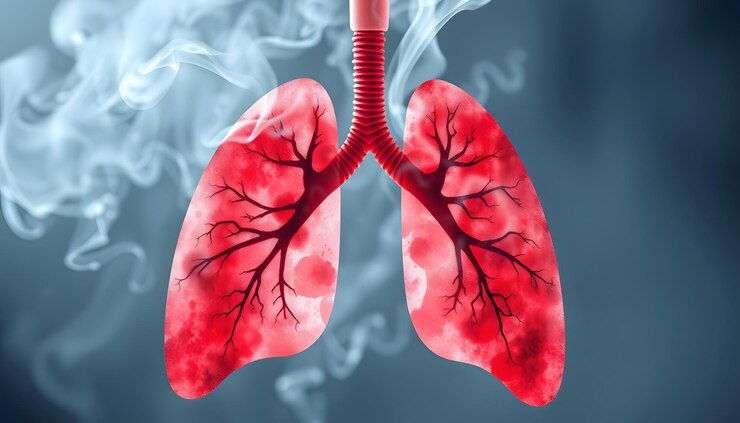Lung cancer is the cancer that causes the most deaths today. Approximately 1.8 million people die from this disease every year. The most important reason why it is so deadly is that it is diagnosed late. Complaints such as coughing, shortness of breath, weight loss, chest pain and coughing up blood usually occur when the disease reaches an advanced stage.
Is it possible to recover completely from lung cancer?
When all lung cancer patients are evaluated, only 18 out of 100 patients can be cured. The most important reason for this is that most of the patients are diagnosed late, when they are in stage 3 or stage 4. However, when the disease can be detected very early, the chance of treatment success can be up to 90%.
What does early diagnosis of lung cancer mean?
It means detecting the disease before any complaints occur; before the cancer tissue grows and spreads to the environment.
Why is early diagnosis of lung cancer difficult?
A small lesion of one or two centimeters on the skin can be detected immediately with a careful eye. In breast examination, we can evaluate ourselves at home with our hands. We cannot see lung tissue with our eyes and we cannot touch it with our hands.
When the cancer tissue in the lung tissue is very small in size, it may not cause pain, shortness of breath, weight loss, cough, sputum and blood spitting and may not be seen on the chest radiograph.
In summary, when the disease is still small in size, i.e. in the early stages and treatable, it is very well hidden and does not reveal itself.
Is early diagnosis possible in lung cancer?
In recent years, with the success of screening programs in breast, cervix and colon cancer, early diagnosis rates and treatment chances have increased and mortality rates have decreased. These data have once again demonstrated the necessity of lung cancer screening programs. In a study conducted in 2011 on approximately 53000 people, it was shown that low-dose lung tomography performed annually in smokers who had no complaints yet showed a significant decrease in mortality rates due to lung cancer. In the light of other studies, low-dose lung tomography is now recommended for the early diagnosis of lung cancer. However, it should not be forgotten that smoking cessation or not smoking at all is the most important and effective method to prevent lung cancer.
**In lung cancer screening, it is especially important to evaluate healthy individuals in the at-risk group.
Who is at risk
–Do you smoke regularly? —– most important risk factor
–You quit smoking but it has been more than 15 years since you quit?
–Do your family members have lung cancer?
— Do you have COPD or interstitial lung disease?
–Have you ever had cancer before?
–Have you ever received chemotherapy or chest radiotherapy?
–Have you been in contact with risky substances such as asbestos, arsenic, nickel?

